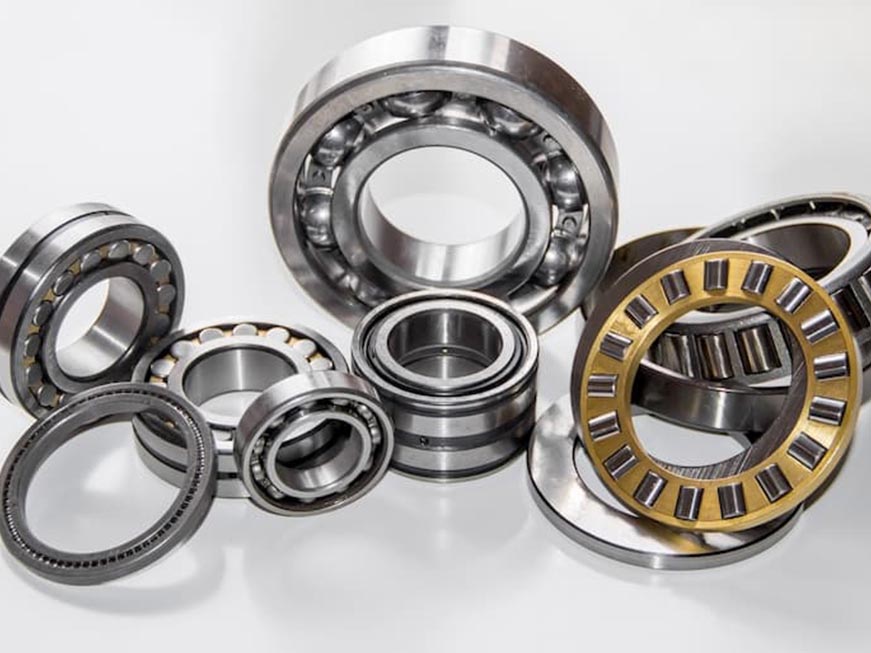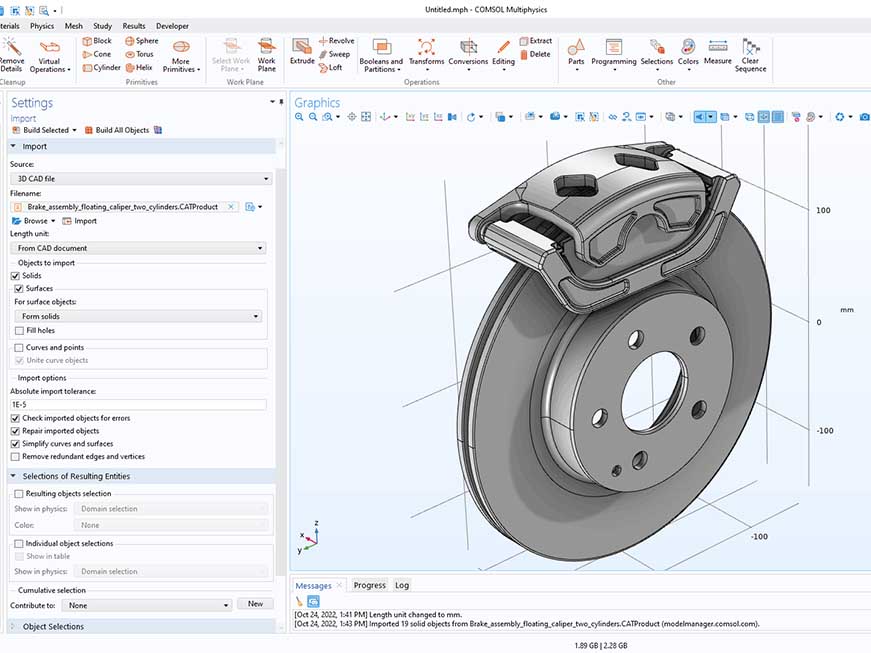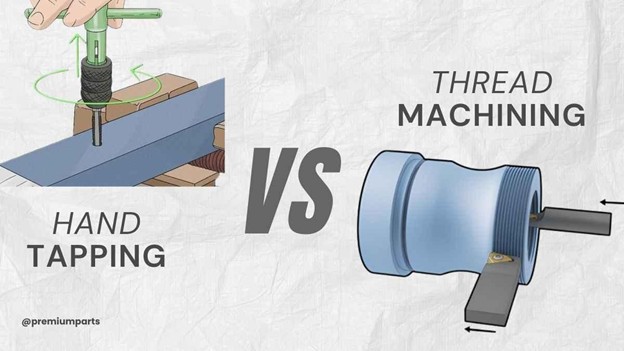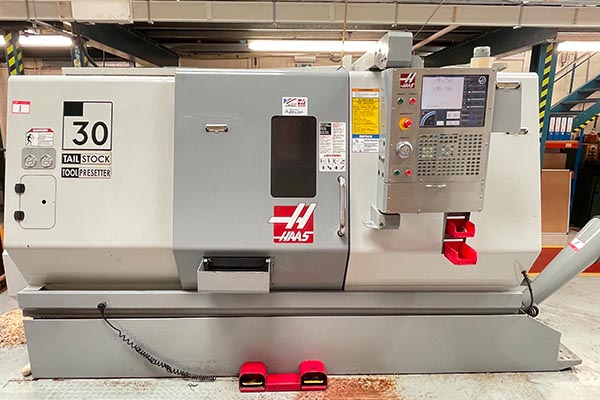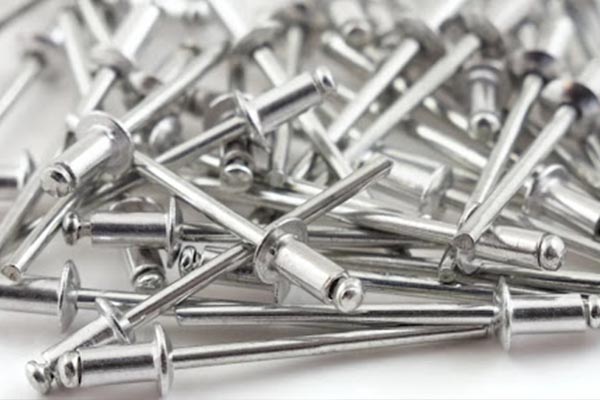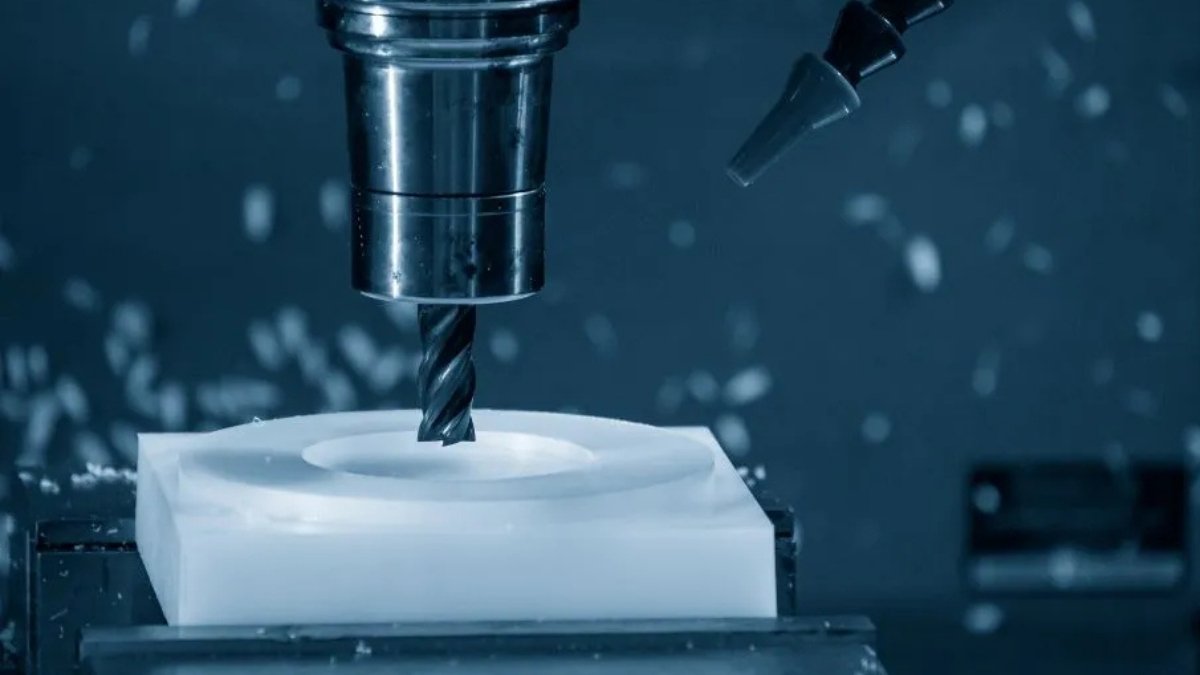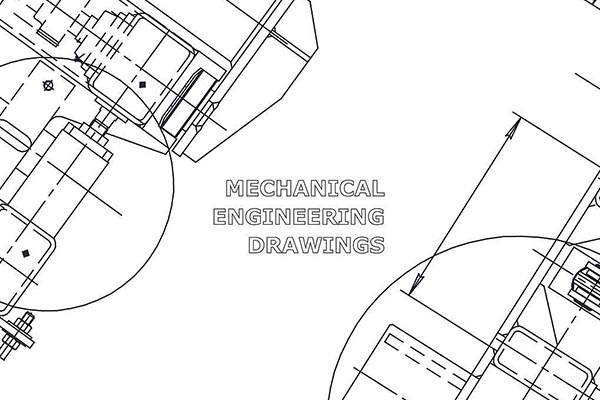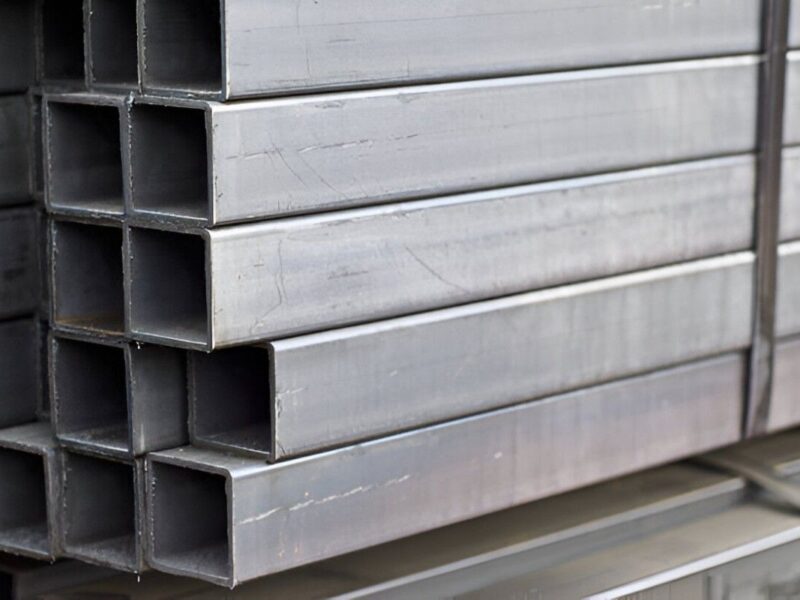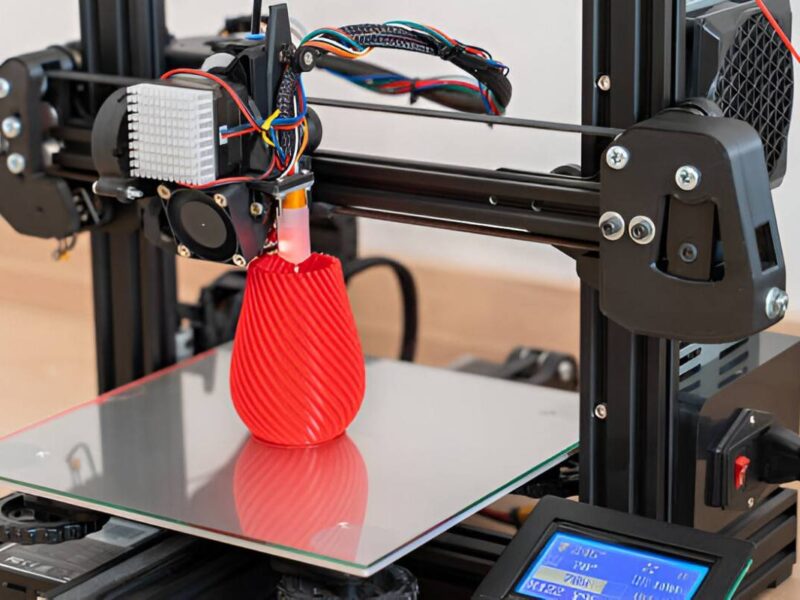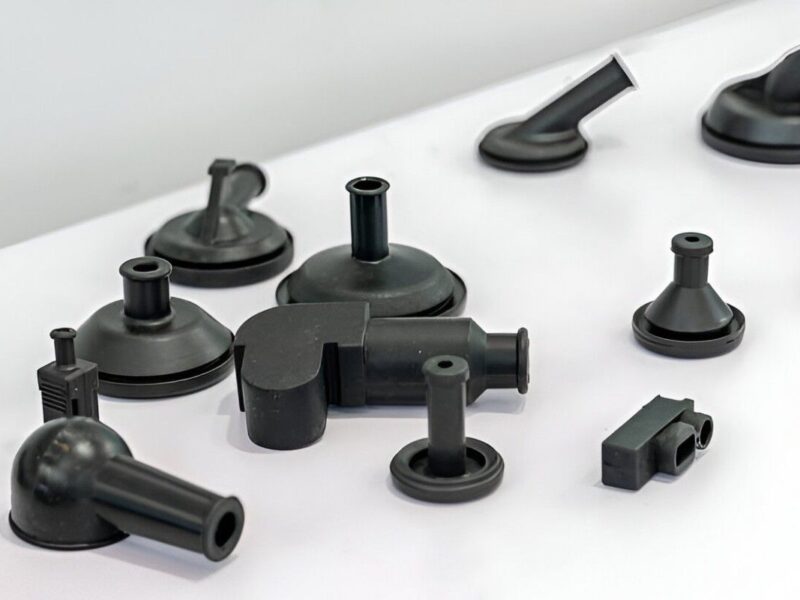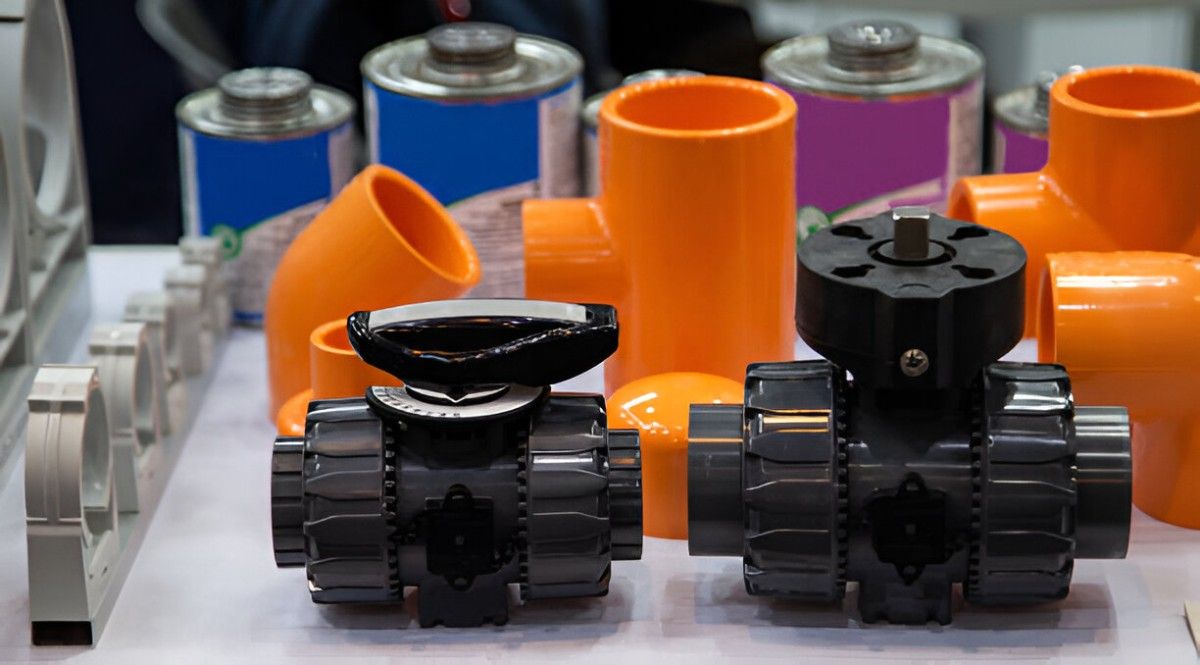 Plastic PVC Valves
Plastic PVC Valves
Image Description: PVC Plastic valves are displayed on a table.
The plastic parts manufacturing industry has experienced significant growth over the past few decades. Through technologies such as 3D printing, CNC machining, and injection molding, manufacturing high-quality, functional plastic parts has become easier than ever.
Today, however, many manufacturers are not fully aware of all the benefits of using plastic in manufacturing end products. In this blog, we take a quick look at all the benefits of it and highlight some of the best reasons why you should consider switching from metal to plastic in your product design.
1. Recyclability
Unlike metals and other industrial materials, plastic boasts one of the highest rates of recyclability in the manufacturing industry. When you opt to use it for your production, you can save on production costs by recycling waste, obsolete, or damaged parts to obtain molten plastic that can be reused to manufacture something entirely new. The recyclability can therefore impact your material sourcing and operational costs.
Although metals may be recycled, the ease and effort to recycle metals is often counterproductive, unrealistic or cost-ineffective.
2. Design Flexibility
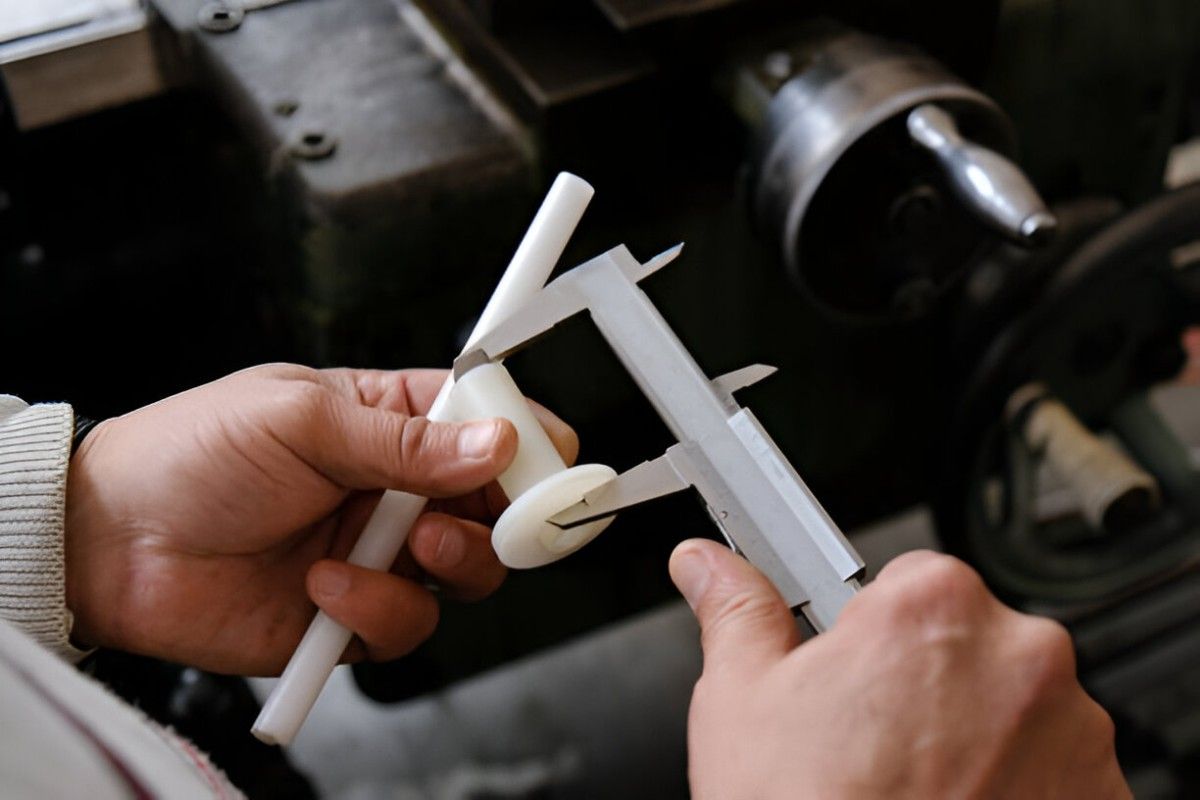 Quality Control with Measuring Instrument
Quality Control with Measuring Instrument
Image Description: An Engineer is taking dimensional measures of a plastic part using a vernier caliper.
Plastics, due to their physical and chemical properties, offer a significantly higher range of design flexibility compared to metals. With plastic parts, you can micromanage parameters such as color and geometry due to their higher moldability.
Metals, on the other hand, have specific viscosities and molten flow behaviors that may limit the shapes and geometries they can be crafted into. The design flexibility around plastic also means a quicker turnaround for your project.
3. Safety
Metal parts are relatively more challenging to machine and form than plastic parts. These metals also have sharp edges that may lead to cuts and injuries when machining. Plastic, on the other hand, has smooth edges and is lightweight, arising from its design and physical properties. In the case of installation, metal parts are more likely to be heavier and injurious.
4. Lifespan
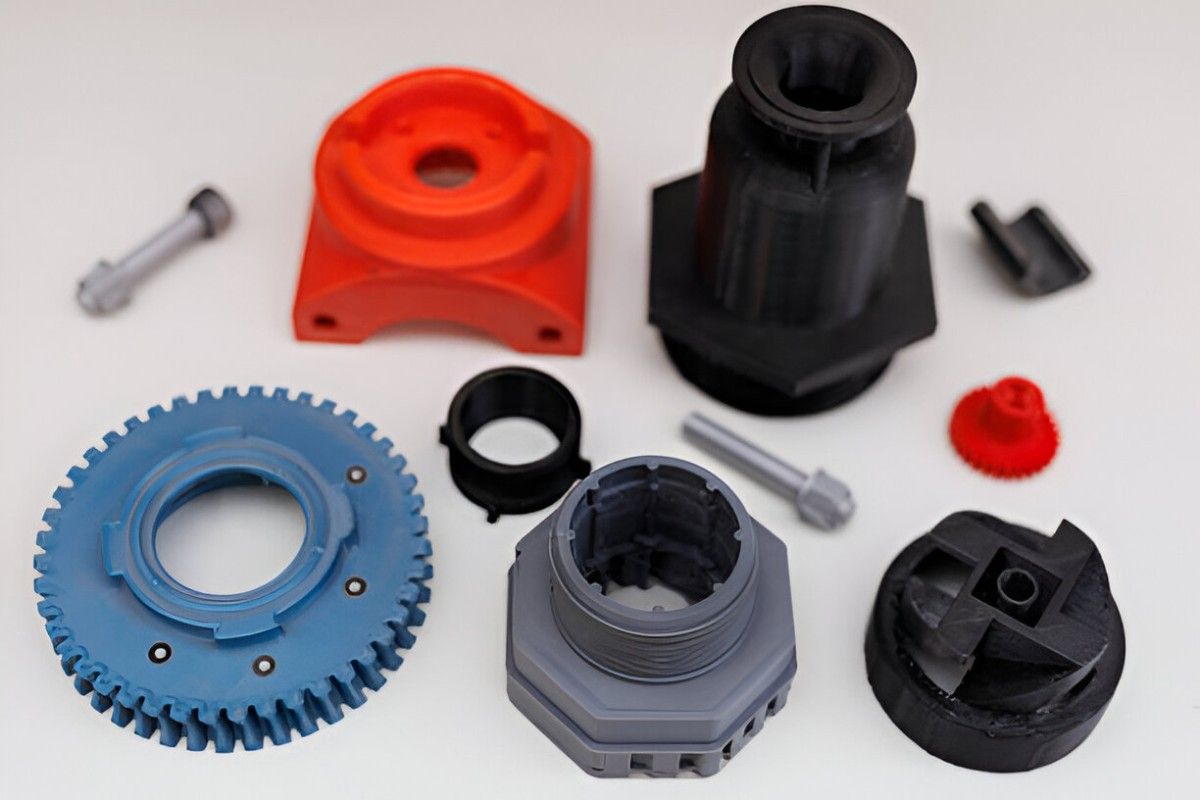 Plastic Gears for Torque Transmission
Plastic Gears for Torque Transmission
Image Description: The image displays plastic gears for Torque Transmission.
Plastics are less susceptible to the wear and tear that arises from weathering elements, chemical attack, or chemical reactions. Metals, on the other hand, are more likely to be affected by oxidation and rusting. To prevent these, metal parts often need to be treated after production. This post-processing may impact your overall manufacturing cost and raise the cost per unit of each part. Unlike metals, the lifespan of plastic parts reduces the likelihood of incurring replacement costs over the years.
5. Lower Cost
Plastic is generally more affordable than metal. Metal parts typically have higher tooling costs. Designing your product with plastic parts will save you a significant amount in manufacturing costs, as the time and effort required to fabricate metal parts are higher. Plastic parts have a higher ease of forming due to their low melting point; they also require fewer post-processing steps and are lighter than their metal counterparts.
Moreover, shipping plastic parts is cheaper due to their reduced weight. Therefore, companies can save on logistics, especially for large-volume orders. Lower weight also means fewer restrictions when transporting large items. This makes supply chains more efficient and flexible.
Get Your Plastic Parts Made Faster with Premium Parts
Premium Parts provides excellent Plastic Injection Molding Services to manufacture high-quality products at cost-effective rates with quick turnaround times. If you’re looking to learn more about all the benefits of using plastic over metal in the production of your part or just looking to learn about what material best fits your next project, feel free to contact us here and get your questions answered and get a free quote.


